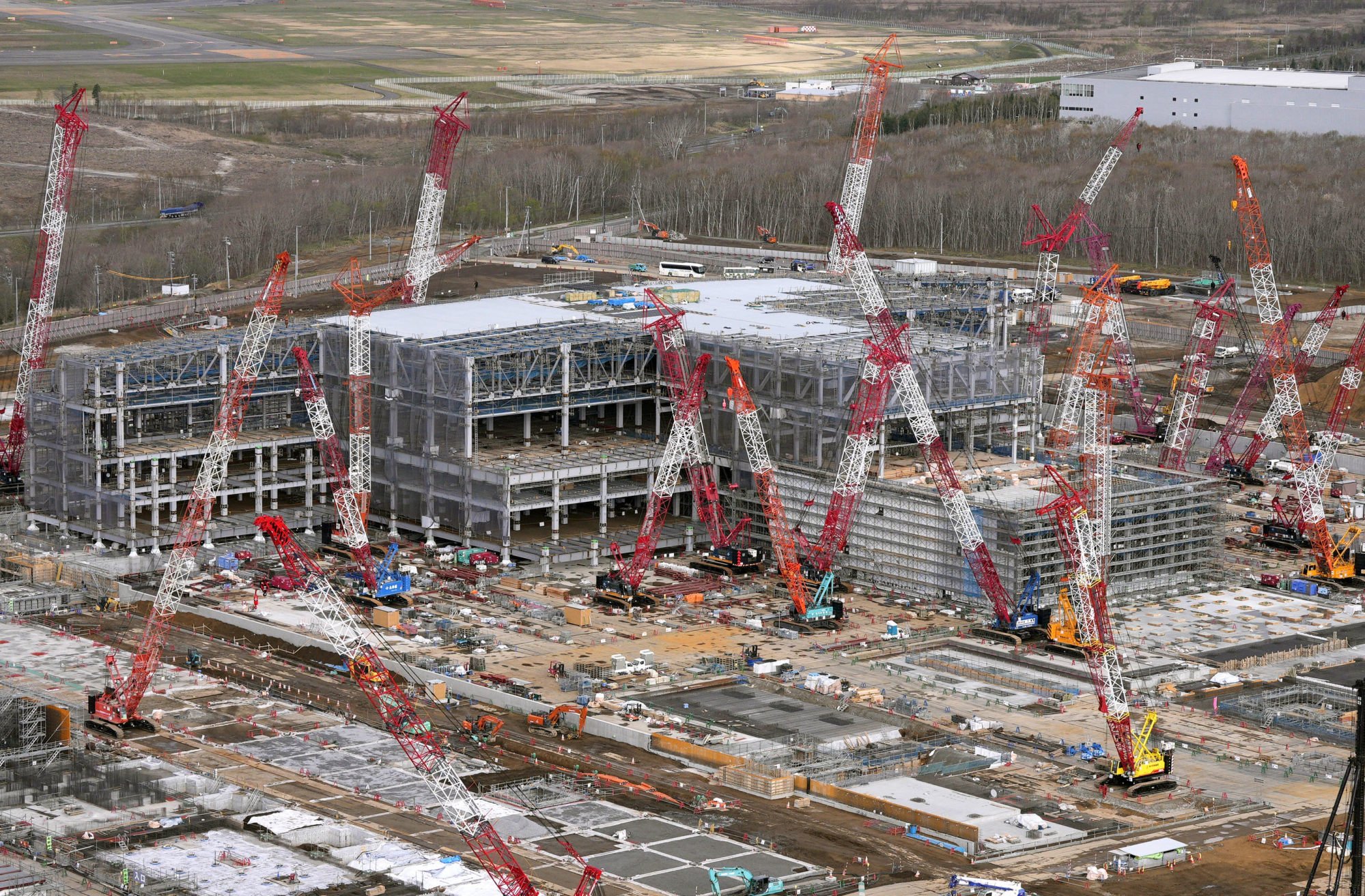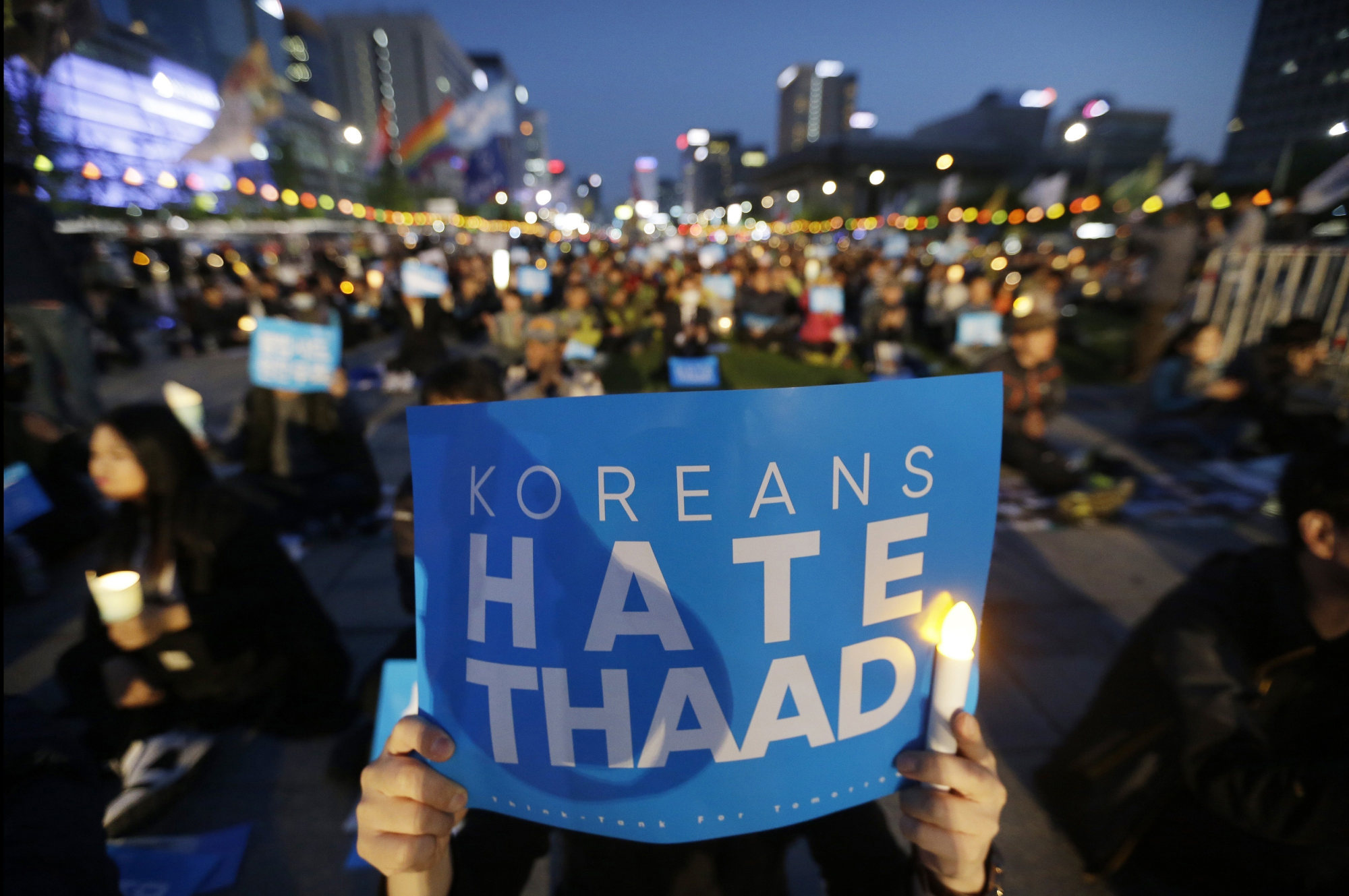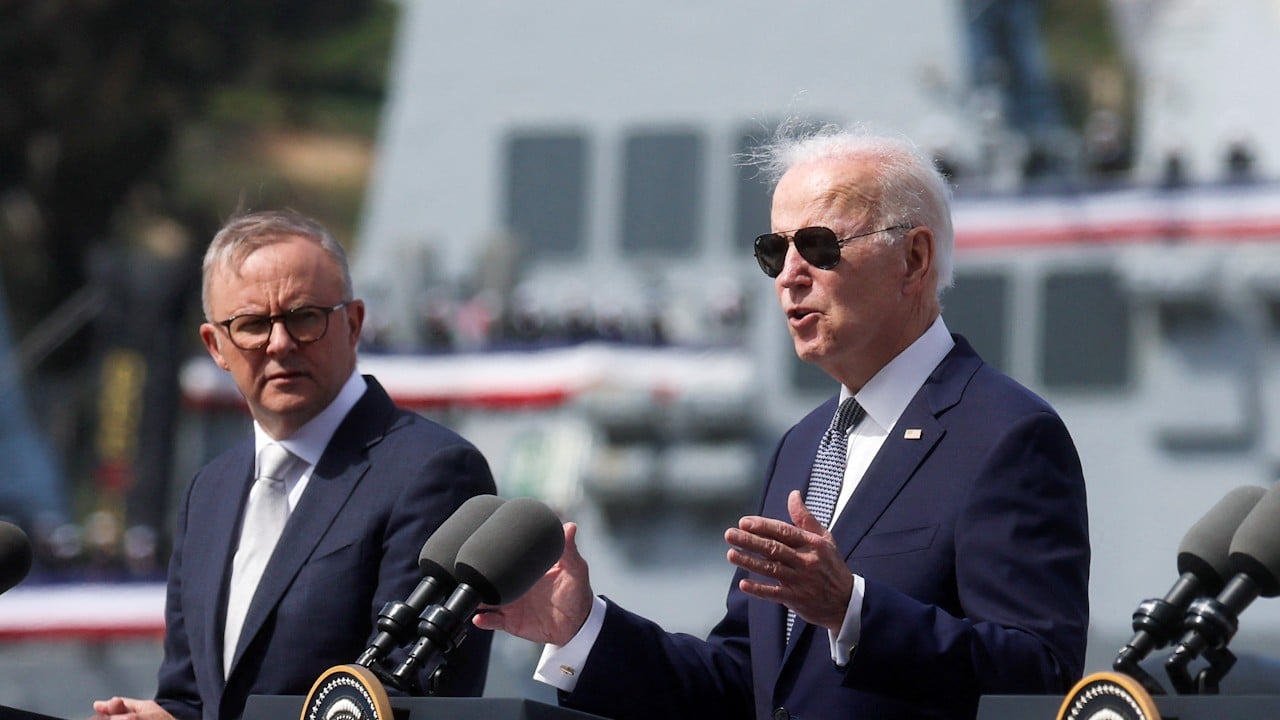His country’s “differentiated science and technology capabilities will contribute to peace and stability”, Shin said.

Stumbling blocks
Japan and South Korea could undoubtedly offer state-of-the-art technical know-how and technologies to Aukus, according to Eleanor Shiori Hughes, a non-resident fellow at Chicago-based economic research think tank EconVue.
“With their outlook on the strategic environment largely aligned with that of the Aukus countries, they have enormous potential to be major value-adds to build capacity on these cutting-edge capabilities,” said Hughes, who is also a member of the Australian Institute for International Affairs and The Japan Foundation’s Indo-Pacific Cooperation Network.
But she said major obstacles still prevented either East Asian nation or New Zealand from joining Aukus due to the “nascent” nature of the partnership.
“Members are still working towards solidifying the building blocks by which to expand collaboration on frontier technologies for both pillars,” Hughes said, adding that Tokyo would need to build greater resilience against cyberattacks before it can participate in Aukus projects.
[Aukus] members are still working towards solidifying the building blocks by which to expand collaboration on frontier technologies
“While there is reason for promise, Japan still needs to reconcile challenges posed by its security clearance mechanisms.”
For its part, Japan has been making moves to improve information security and prevent leaks of sensitive data with a “security clearance bill” that was approved by the cabinet in February and is currently being debated in parliament.
If passed into law, the bill would expand the use of background checks for people working with sensitive information, carrying a punishment of up to five years in prison and a hefty fine for anyone leaking information “critical to national economic security”.

This adds to the “strong punishments” Japan already has in place if members of the defence industry leak information, Nagao said – improving the likelihood that Aukus members will want to share military secrets with Tokyo.
“Domestic politics in South Korea are also highly volatile,” said Stephen Nagy, an international-relations professor at International Christian University in Tokyo. “A change in president could lead to a change in position on Pillar 2 participation.”

South Korea is also highly vulnerable to economic and other forms of coercion from China, Nagy said.
Japan, by comparison, enjoys many of the same technological advantages as South Korea but is less vulnerable to coercion or susceptible to a drastic shift in its strategic outlook, according to Nagy.
Japan will likely be the first country to cooperate in Pillar 2
“Japan will likely be the first country to cooperate in Pillar 2,” Nagy said, adding that Beijing would continue to paint Aukus as a Washington-led alliance aimed at containing China.
Chinese Foreign Ministry spokeswoman Mao Ning said last month that “China and many regional countries have expressed grave concerns and opposition” to Aukus, which she said “heightens the risk of nuclear proliferation, exacerbates [the] arms race in the Asia-Pacific and undermines regional peace and stability.”
Chinese nationalist tabloid Global Times also chimed in, stating in an April 8 article that any expansion of Aukus would be an “alarming move” that “marks the pact further turning into an ‘Asian Nato’”. It warned such a move could also “further foment militarism within Japan”, citing a researcher of Australian studies.
“Aukus members will have to work hard in Southeast Asia and other Aukus-sceptic regions to counter this [Chinese] narrative to secure direct or indirect support,” Nagy said.






















Discussion about this post